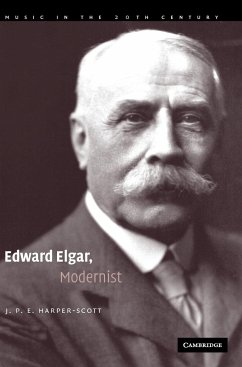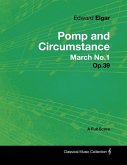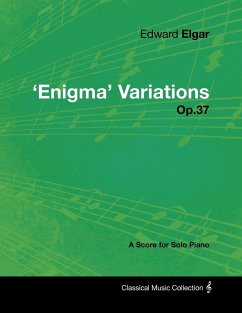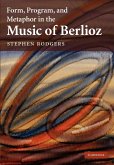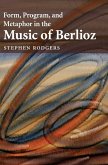An analytical study of Elgar's music and its place in European musical history.
The first full-length analytical study of Edward Elgar's music, this book argues that Elgar was a modernist composer, and that his music constitutes a pessimistic twentieth-century assessment of the nature of human being. Focusing on Elgar's music rather than his life, Harper-Scott blends the hermeneutic and existential philosophy of Martin Heidegger with music-analytical methods derived from Heinrich Schenker and James Hepokoski. In the course of engaging with debates centred on duotonality in musical structures, sonata deformations, meaning in music, the nature of tragedy, and the quest narrative, the book rejects poststructuralist and literary-theoretical interpretations of music, radically interprets Schenkerian theory, and tentatively outlines a new space - a Heideggerian 'clearing' - in which music of all periods can be understood to operate, be experienced, and be understood. The book includes a detailed glossary which provides the reader with clear definitions of important and difficult terms.
Table of contents:
Preface; Glossary; 1. Styles and ideas; 2. A Heideggerian refinement of Shenker's theory; 3. Immuring and immured tonalities: tonal malaise in the First Symphony, Op. 55; 4. 'Fracted and corroborate': narrative implications of form and tonality in Falstaff, Op. 68; 5. Hermeneutics and mimesis; 6. The annihilation of hope and the unpicking of identity: Elgarian hermeneutics; 7. Modern music, modern man; Bibliography.
Hinweis: Dieser Artikel kann nur an eine deutsche Lieferadresse ausgeliefert werden.
The first full-length analytical study of Edward Elgar's music, this book argues that Elgar was a modernist composer, and that his music constitutes a pessimistic twentieth-century assessment of the nature of human being. Focusing on Elgar's music rather than his life, Harper-Scott blends the hermeneutic and existential philosophy of Martin Heidegger with music-analytical methods derived from Heinrich Schenker and James Hepokoski. In the course of engaging with debates centred on duotonality in musical structures, sonata deformations, meaning in music, the nature of tragedy, and the quest narrative, the book rejects poststructuralist and literary-theoretical interpretations of music, radically interprets Schenkerian theory, and tentatively outlines a new space - a Heideggerian 'clearing' - in which music of all periods can be understood to operate, be experienced, and be understood. The book includes a detailed glossary which provides the reader with clear definitions of important and difficult terms.
Table of contents:
Preface; Glossary; 1. Styles and ideas; 2. A Heideggerian refinement of Shenker's theory; 3. Immuring and immured tonalities: tonal malaise in the First Symphony, Op. 55; 4. 'Fracted and corroborate': narrative implications of form and tonality in Falstaff, Op. 68; 5. Hermeneutics and mimesis; 6. The annihilation of hope and the unpicking of identity: Elgarian hermeneutics; 7. Modern music, modern man; Bibliography.
Hinweis: Dieser Artikel kann nur an eine deutsche Lieferadresse ausgeliefert werden.

